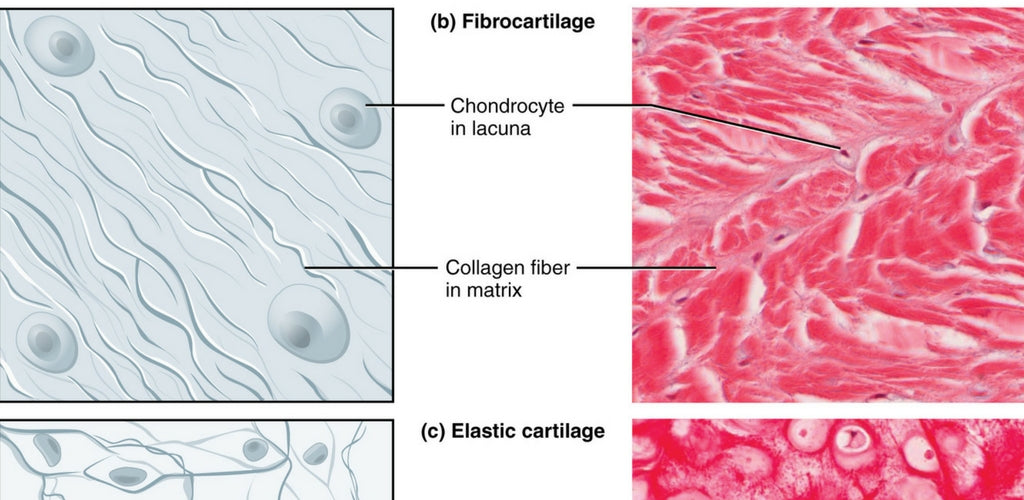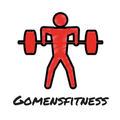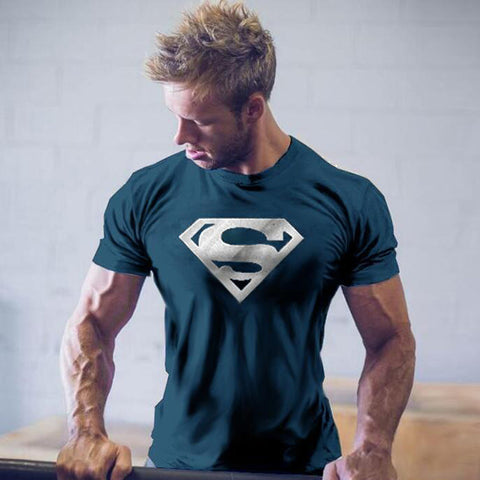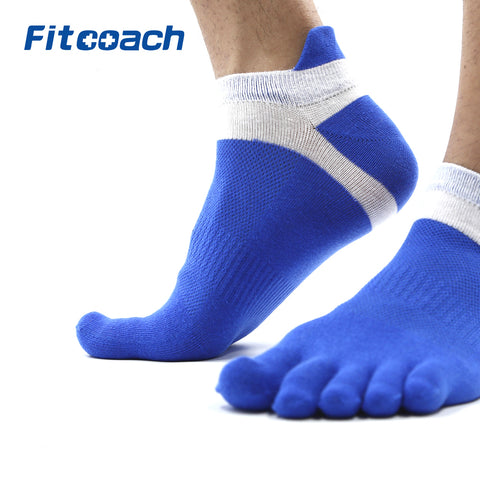News
Collagen: Anti-Aging Myth or Fact?
12 Comments

I have been hearing increasingly about collagen and its anti-aging properties. Mark Sisson’s latest podcast covers some of the latest statistics around collagen research: http://rssr.link/8DNc.
I personally have been using collagen hydrolysate as a dietary supplement in my coffee and my shakes for the past year or so with good results. I measure that by how I feel, how my skin looks, and how my connective tissue feels after workouts including recovery from heavy lifting.
Collagen has a low molecular weight so it dissolves in cold, warm, or hot liquids. The standard serving size of 2 Tbsp has about 11g of protein and 43 calories. The theory is that the body’s natural ability to generate collagen and thus repair supporting connective tissue (bones, tendons, cartilage, skin, hair, etc.) diminishes with age starting in your 20s. By supplementing with collagen, it can help reverse some of these negative effects associated with the aging process.
Collagen is the body’s most abundant protein - 25% of overall makeup, and up to 80% of your skin’s protein makeup. It can help keep your skin elastic, your hair strong, and your connective tissues and parts more stretchy. There are four key amino acids found in collagen, and some of these you need to get from external sources (your diet). Lysine is an essential amino acid and falls in this category. Vitamin C is a co-factor, which means that collagen supplementation is not enough - C is needed for both collagen synthesis and regeneration in the skin.
A 2014 study showed a 20% reduction in eye wrinkles from collagen supplementation. Another study involving daily hydrolyzed collagen supplementation led to 76% reduction in skin dryness, and 13% reduction in wrinkles. There was an increase in collagen levels in skin dermas following supplementation. All of this is good news, as improvements in skin elasticity are likely to reduce wrinkles and lower the risk of skin cracking. There was also a marked reduction in cellulite, and al lower risk of skin damage from UV radiation through increased protective antioxidants.
There are plenty of high quality collagen sources out there - hydrosolate, peptides, gelatin (I hope to carry some of these in the future). One of the best sources is “bone broth”, increasingly popular in the soup section of healthier groceries. You can also make your own using the leftovers from your Thanksgiving turkey dinner to create a homemade broth.
The more skin and stringy bits of connective tissue that you consume from animal sources, both land and sea, the better for obtaining collagen without supplementation. Our ancestors probably did not waste any parts of the animal, and this could be how we evolved to need the extra collagen for optimal health.
So what are your experiences with collagen? Is this something you are supplementing with in your diet? Feel free to leave a comment.







Comments
iwdQWLMZUy
jzVhsdLYM
mQEzkjCaX
mFibVfKQz
UlnXKLhreBcOiMT
bENIdgwBFpuDloh
LKiErbuAqJ
kKdiMxUcpGEn
acwfFIRp
TapzXfQe
fPMGhmlwZiJW
ITcVAxogUXe
HlwgBORQfJ
aWFfKlctILVsJC
hCLoPsXcpyra
OfatEgHhDlqwV
rkNDVtbdLmah
oLZljTMt
OLXfwIoCPrzMJWx
TZIMxDfqnWBRskQ
Paul Curto
Thanks Tressie! Sorry I missed your comment earlier. Are there any brands of collagen that you like best? I have been buying the Great Lakes brand off Thrive Market and have enjoyed it a lot.
Tressie Dawson
Nice post! The content is really very informative. Supplemental collagen can increase strength around high movement areas of the skin where wrinkles form. Fortifying the skin’s structure by eating collagen also results in the strengthening of pore walls, slowing down sagging skin and enlarged pores. The result is more youthful looking skin during aging.